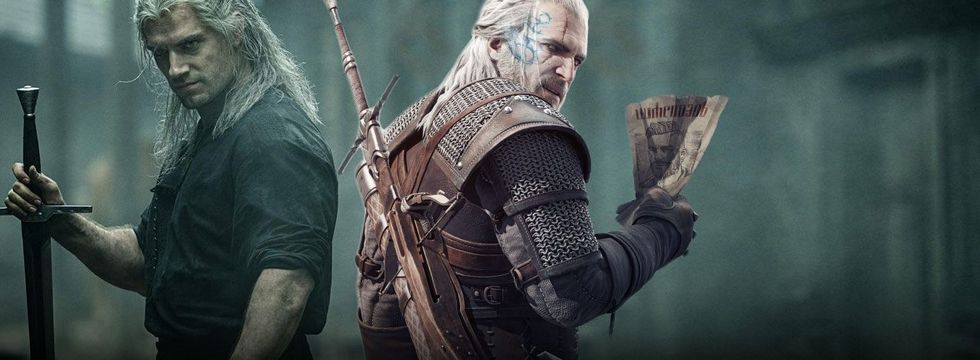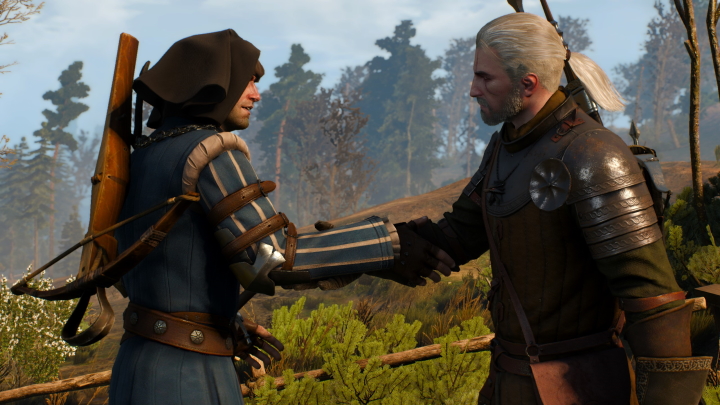Controversial heroes should be taken seriously. What could Netflix learn from CDPR

- What Can CD Projekt RED Teach Netflix About The Witcher?
- Slavic charm or generic middle ages
- Friendly scuffles don't have to be cruel
- Cities are more than just empty fortresses
- Controversial heroes should be taken seriously
- Concerning Yennefer and Triss
- Dear Netflix, where's Ciri's personality?
- Geralt should be the hero of his own story
Controversial heroes should be taken seriously

The Witcher 3: Wild Hunt, CD Projekt RED, 2015
The Witcher tacitly a very political story, and there's been a lot of discussion about these aspects in books, games, and the show. Let's focus on one aspect that has often been overlooked in discussions about the series – the views the characters hold.
The world created by Sapkowski and very faithfully presented in games is full of various, interesting characters. Geralt of Rivia always seems to run into ambiguous characters that test and question his own moral stance. In the books, they are shown from a neutral perspective, without any implicit judgment (save for the opinions of other characters about them), leaving the moral classification in the reader's discretion.
Let's take a look at Vernon Roche, for example, who we meet in the second game. Throughout his life, Vernon is almost blindly devoted to his king, and his patriotic loyalty, which leads him to numerous murders and even atrocities, can probably be considered absurd and illogical from modern perspective. The game, however, leaves us a free choice – we can decide ourselves whether we will join Roche or defy his actions. The entire evaluation of this character, with his patriotism, loyalty and racism towards elves, is left to the player.
How is Netflix handling morally ambiguous characters? The show often pushes them aside or portrays them as clearly negative, and willingly does both. The character of Eyck of Denesle, known for being an incredibly talented knight, albeit with an aversion to any races other than human, is made very shallow in the series. There's no logic in his behavior and views, and we recognize him as a ruthless lover of Yennefer, who completely lacks a moral backbone. I mention Eyck, because in the TV Witcher, he's one of the few characters with controversial views to appear there at all – the vast majority of them simply do not exist in this adaptation. His character appears in just a single episode before he dies in the name of the typical moral of the story: bad guys are get punished. Both its plot and general approach to people like it make it hard to resist the impression that Netflix is treating viewers as incapable of drawing their own conclusions and instead pointing their finger at what's right and what's wrong.
